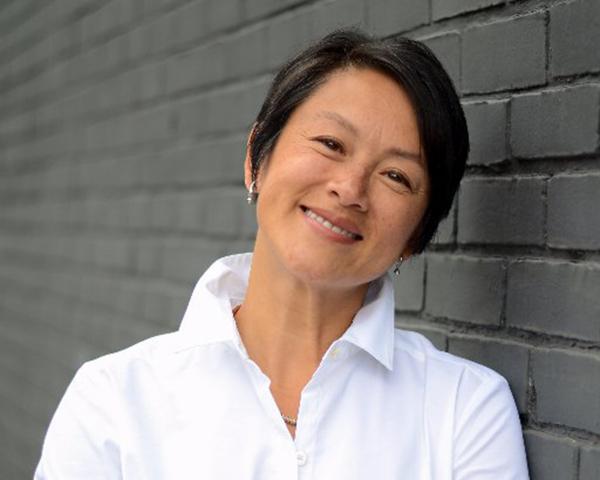Living Room Conversations Provide Healing, Growth
Minneapolis College introduced Living Room Conversations (LRC) to help students, faculty, employees and the community circumnavigate isolation and anxiety produced by the pandemic.
The Living Room Conversation concept is “a simple way to heal divides. It is a conversational model developed by dialogue experts to facilitate connection between people despite their differences, and even identify areas of common ground and shared understanding.”
What has evolved at Minneapolis College goes beyond that supposition, according to Catrina Huynh-Weiss, Diversity Equity and Inclusion and Student Affairs Offices senior executive assistant. Living Room Conversations (LRC) were implemented locally through a multi-campus grant to fund a new initiative called Community Healing Collaborative involving Minneapolis College, St. Cloud State University, St. Cloud Technical and Community College and Metro State University.
“The biggest takeaway is that we created a guide around vulnerability and authenticity for students, employees and the community,” Huynh-Weiss said. “We come away with living conversations if we want to normalize people feeling authenticity and vulnerability. We shouldn’t have to code-switch when we come to work or study because we’re not bringing our whole selves to work or school.”
More than 300 persons have zoomed in on more than 65 topics of discussions in this realm.
“Topics ranged from everything from anxiety around the elections to healing social divides,” Huynh-Weiss said. “We focused on conversations around the life and times of the coronavirus, the solitude and isolation. We’ve offered topics on healing and mental health, as well as worries and concerns about our society and the presidential election.”
Patrick Troup, vice president of Student Affairs and Interim Diversity Officer, said, “Living Room Conversations has been well received by the campus community. Not only has it been used by Student Affairs and Equity and Inclusion, but faculty have reached out to incorporate this into their curriculum and has influenced their pedagogy. The student facilitators feel empowered and valued in new and different ways."
Huynh-Weiss added, “We are complicated beings – the important benefit that came out of this is that people felt they could come to conversations and be vulnerable and authentic. LRCs create a safe space. Bringing people together from all different backgrounds really began to grow the endeavor.”
The themes the Minneapolis College created spread to the partner colleges and universities, Huynh-Weiss said.
Impetus for Living Room Conversations came from side effects of the pandemic. “When we went to distance learning and distance working, I kept hearing time and again from colleagues and students that they felt disconnected and really desired sense of community.
“Who knows when we would be able to offer in-person programming again. Let’s transition to online and offer something that is free. That is how a former colleague, Jessica Shryack, trained me and our student employees who worked with me to start Conversations.”
Living Room Conversations runs smoothly under Huynh-Weiss’ supervision and the coordination and facilitation by student employees – Christian Huble, Philosophy; Kate Foley, Community Development; and Dasha Kazak, Computer Science.
“As we went along, other themes emerged,” Huynh-Weiss said. “We started developing our own conversation guides. Example of that would be around advocacy, campus activism, shifting habits during the Coronavirus. ‘Yes,’ people were saying, I have to change the way I do everything.”
“After George Floyd, we started focusing on broader conversation around identity and race. We developed a conversation guide on intersections of LBGTQIA+ and Black Lives Matter. One topic was called Digging Deeper into Ourselves: Looking Within to Heal Our Communities and Close Equity Gaps.”
Huynh-Weiss and team developed 11 of its guides from April through July with 5 more since the start of fall semester.
“People have mentioned in their evaluations about how they feel connected and how for some of them the conversations are kind of like a healing modality. It’s a way they can talk about factors that create anxiety and issues they worry about. Living Room Conversations are so healing and restorative that participants from other campuses are having healing conversations at their own campuses.”
MORE ABOUT CATRINA HUYNH-WEISS: Catrina, a full-time single mom, grew up in Bloomington and graduated with a degree in Environmental Studies at Wellesley College. She started her Minneapolis College position after working as a television and events producer for public affairs, science, educational, travel and food programs and curricula.
